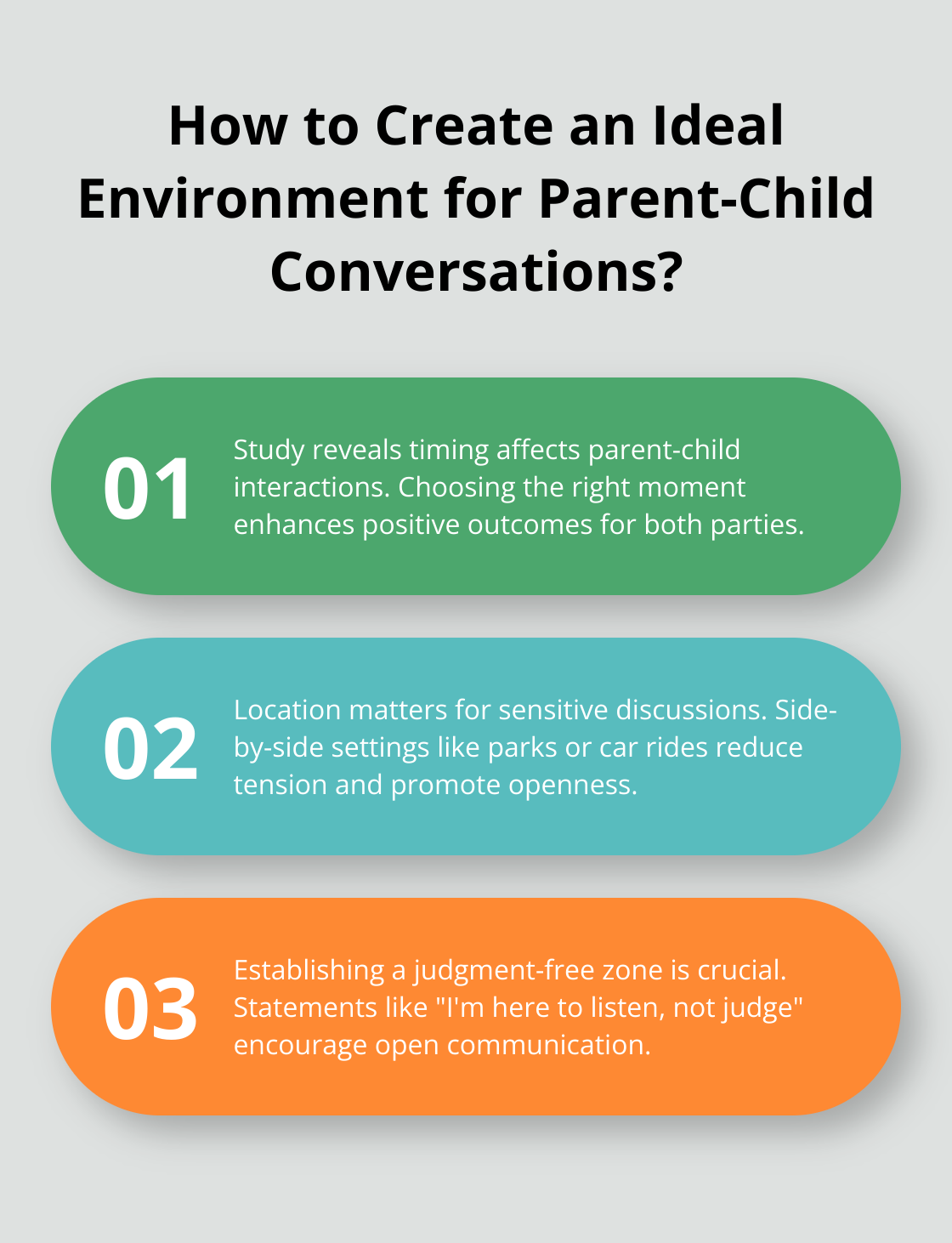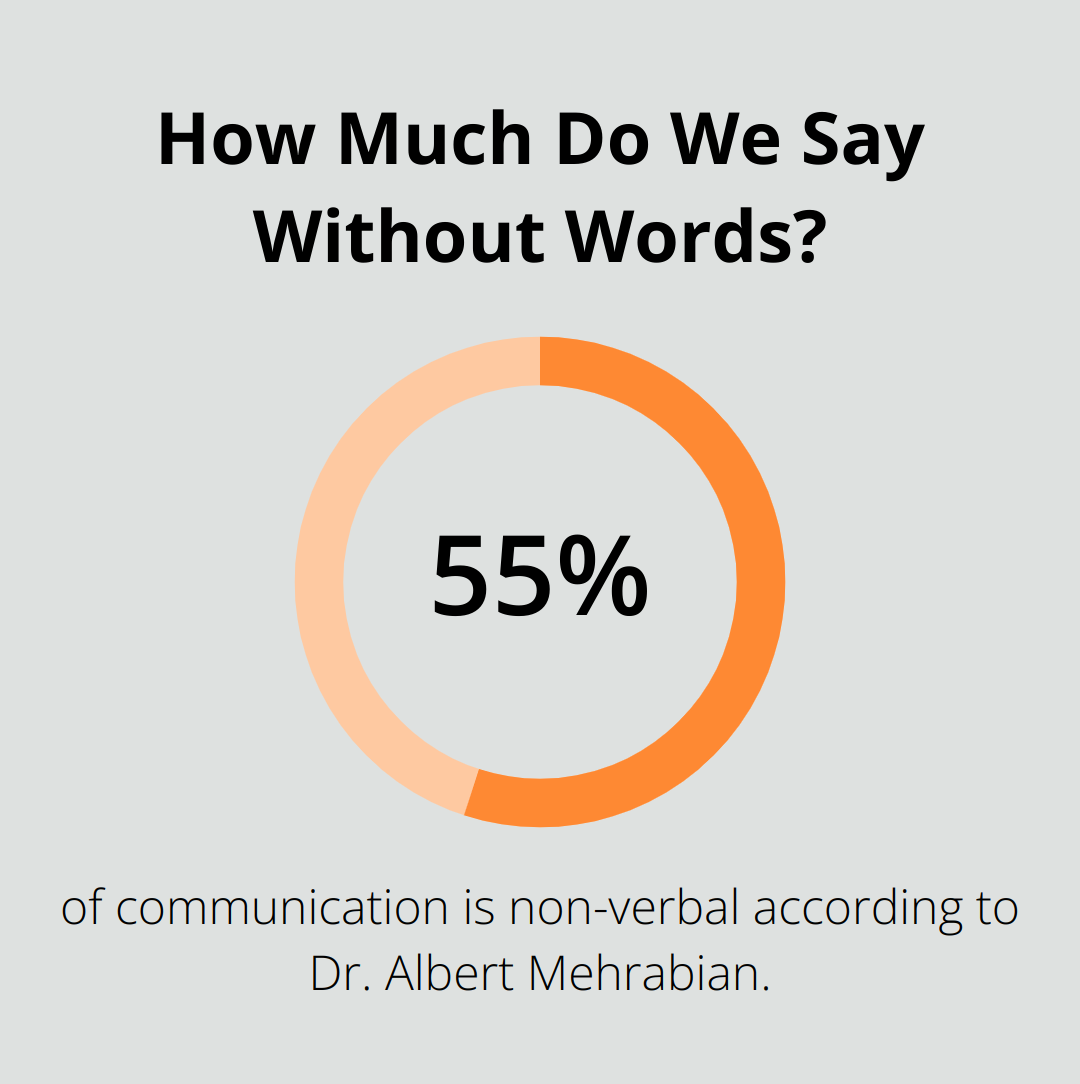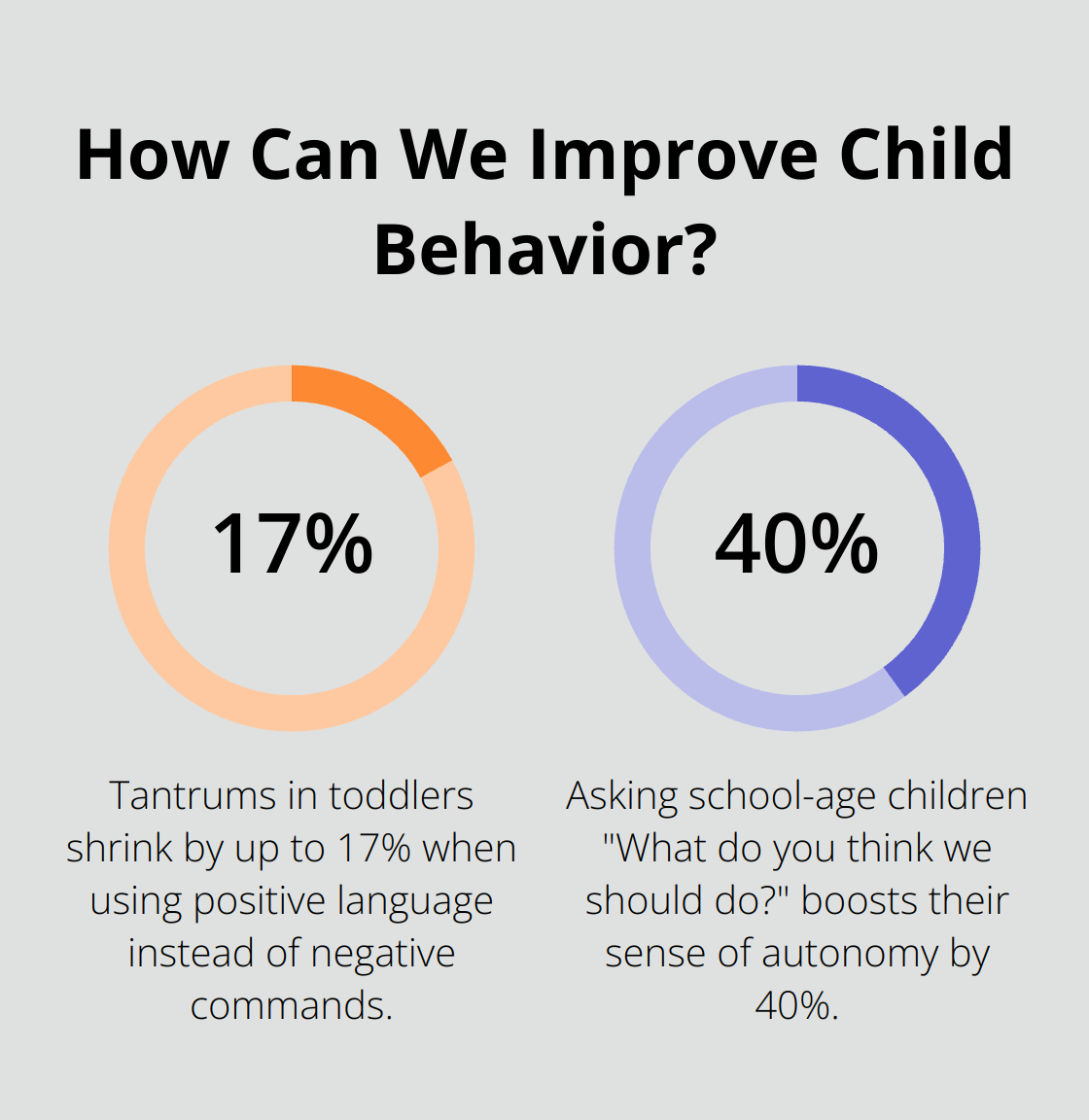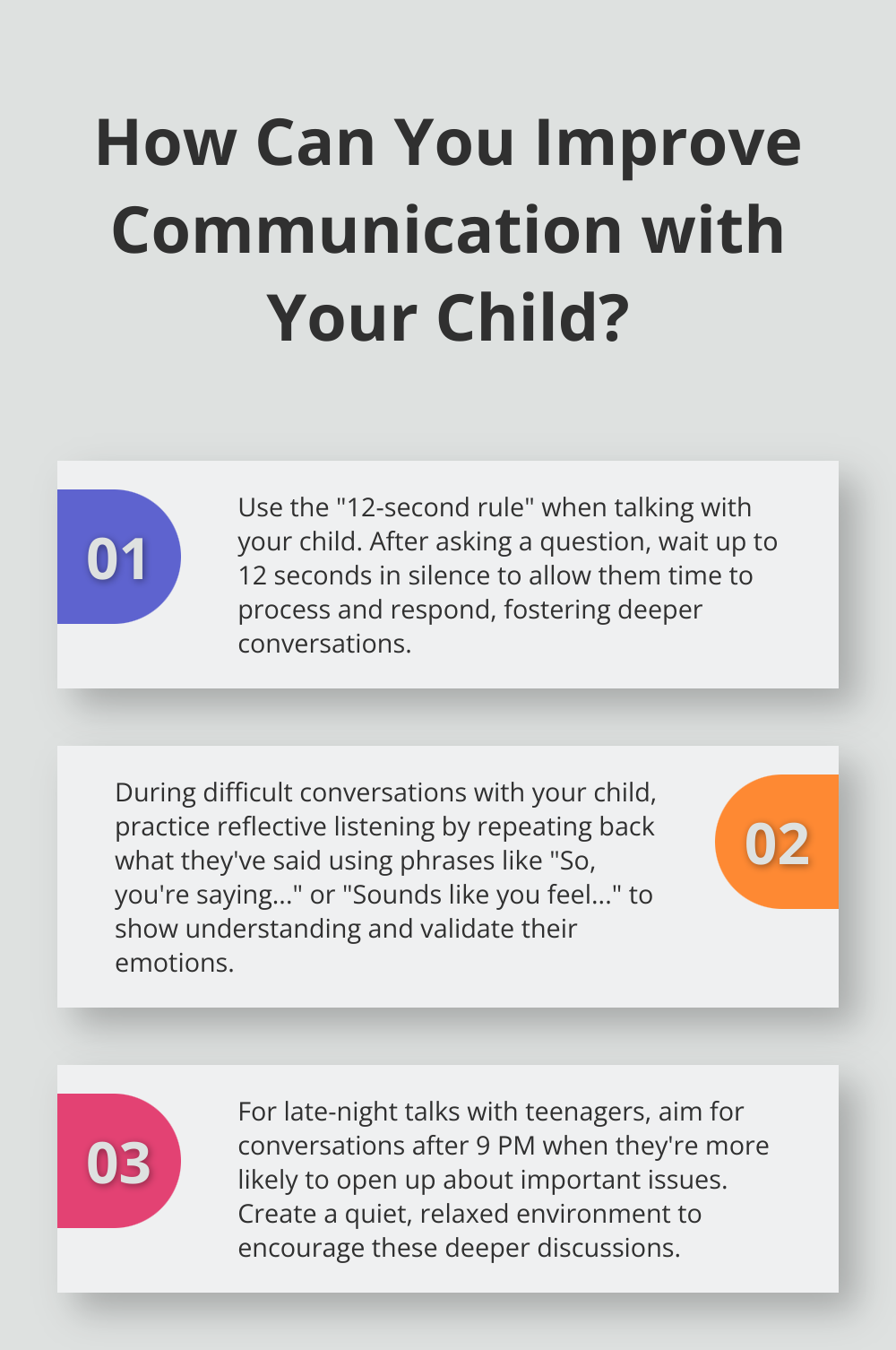
How to Have Effective Parenting Talks
Kids… they’re both the joy and the stress of our lives, right? Parenting talks—those tricky, yet vital conversations that can feel like walking a tightrope above a pit of Legos. But folks, you gotta tackle ’em to build something stronger with your little ones. Everyday Next, yep, we know the playbook when it comes to bridging that parent-kid communication gap.
So let’s dive in, shall we? We’ve got your back. We’ll lay out some solid, no-nonsense strategies to take these chats from awkward to awesome, from “Do I have to do this?” to “Wow, we’re really connecting.” It’s all about setting the stage just right—creating that perfect atmosphere—and maybe tweaking your talk tactics depending on whether your kid’s in preschool or about to hit the rebellious teens. Buckle up, we’re on this journey together.
Setting the Stage for Effective Talks
Choose the Right Time
In the grand play of parent-kid discussions, timing is your unsung hero. A study dives into the daily tango of interactions and their feel-good benefits for parents. The takeaway? Hit the sweet spot of timing, and you’ll be gold-for both you and your kid.
Select an Appropriate Location
The kitchen table’s a classic, sure, but let’s not kid ourselves-it’s not always the star. For those delicate tête-à-têtes, think neutral. A chill park stroll or the open road is your stage-non-threatening and casual. Plus, the side-by-side action naturally dials down the drama. Dr. Laura Markham’s gospel: Ditch the direct stare downs; shoulder-to-shoulder’s your new best friend.
Create a Safe Emotional Space
Pop the “Judgment-Free Zone” sign right there at the door. Kick off with “I’m here to listen, not judge” or “Nothing you say will make me love you less.” Communication in tricky talks? Yeah, steer clear of the blame game. No one wins there.
Prepare Yourself Mentally
Deep breath time before you dive in. Clear out the mental clutter and lock focus on what’s ahead. Get your zen on, and you’ll be the picture of patience and that ever-elusive attentiveness.
Use Appropriate Body Language
Your body’s got a script of its own-make sure it’s saying the right lines. Keep things open (uncrossed limbs are your friend), nail that eye contact, and lean in, just a bit. These small moves? They scream, “I’m all ears,” making it easier for your kid to spill their beans.

Setting the stage? It’s not just about where you sit-it’s crafting an emotional cocoon where your kid feels like a superstar, heard and secure. These tricks in your toolkit, and you’re on the path to turning talks into bonding sessions that boost the parent-child dynamic. Next stop-mastering the art of listening and empathy. Let’s dig in.
Listening With Your Heart: The Art of Empathetic Communication
The Power of Silence
Parenting chats? They’re not just about unloading wisdom-they’re about listening, really listening. Step one? Silence is golden, my friend. When your kid starts talking, zip it and hold back that impulse to jump in. University of York did some homework… turns out, kids need up to 12 seconds to mull over a question before they can fire back with a response. Feels like an age, right? But just wait… see how your kid unfolds when you give it some space. Magic.
Body Language: Your Secret Weapon
Listening isn’t just an ear game-bring your whole self into it. Face your child, maybe lean in a tad, nod like you’re on the same frequency, and lock eyes. This silent language? It’s your ace in the hole. Dr. Albert Mehrabian’s got the receipts-55% of communication is non-verbal. So basically, your body’s doing a half-marathon in the listening race.
The Art of Reflection and Validation
Here’s where the spell is cast. Echo their words right back, plain and simple. Try lines like, “So, you’re saying…” or “Sounds like you feel…” This trick, reflective listening (check it out here), proves you get the deeper vibe, not just the surface noise. Keep this up every day, and presto-it’s the new normal around your place.

And get this-a study in the Journal of Child Psychology and Psychiatry says maternal emotion coaching links up with how kids handle emotions, which ups their skills. When your kid’s let down (like, say, didn’t make the team), roll with “I see why you’re bummed,” instead of the knee-jerk “You’ll nail it next time!”
Focus on Understanding, Not Fixing
Here’s the deal-you’re not a problem-fixer (though you might want to be). Goal numero uno? Make sure they know their feelings hit home, that you get it, and you’ve got their back-no strings attached. That’s the stuff trust, and a solid parent-kid bond is made of.
Practice Makes Perfect
Honing these skills? It’s a marathon, not a sprint. Don’t sweat it if it isn’t flawless instantly. Cut yourself some slack as you and your kid roll with this fresh dialogue style. (The payoff-a kid who feels heard, truly understood, and valued? Totally worth it.)
Next up, let’s tweak these methods for kids of all ages, to keep your parenting game sharp as your child evolves.
Tailoring Talks Across Ages
Toddlers and Preschoolers: Keep It Simple
With the little ones… simplicity and repetition are your best friends. Dr. Laura Markham, a clinical psychologist, is all about short, clear sentences. Skip the TED Talk on sharing, and go with: “We share toys. Your turn, then Sam’s turn.”

Talk at their eye level-seriously, it’s not just adorable. It’s a game-changer. A study in the Journal of Experimental Child Psychology? Yeah, it says toddlers pick up words faster when you meet their gaze.
Use positive language. Swap “Don’t run” with “Let’s walk,” and watch the tantrums shrink by up to 17% (shoutout to the University of Manchester for that nugget).
School-Age Kids: Engage and Explain
Elementary kids can handle the big leagues of conversation. Keep it interactive. Dr. John Gottman’s research gives a gold star to emotion-coaching parents who rope their kids into problem-solving-end result? Kids with sky-high emotional smarts.
Try this move: Discussing a problem? Hit them with, “What do you think we should do?” Bam-boosts that sense of autonomy by 40% (according to the Journal of Child Psychology).
Everyday moments are where the magic happens. Car rides, cooking, bedtime-these are ready-made for real talk. Research suggests, family dinners are like vitamins for dietary habits and well-being.
Teenagers: Respect and Listen
Teens crave independence and respect like caffeine. Dr. Daniel Siegel in “Brainstorm,” says validate their feelings-even if they’re making your hair turn gray.
No lectures, please. Swing with open-ended questions instead. “What do you think about…?” works better than a “Why did you…?” police investigation.
Let them breathe, but stay plugged in. Childhood and adolescence are prime time for prevention and spotting early signs to support their mental and behavioral health.
Timing-oh, it’s crucial. Late-night talks? Jackpot. Once the house is quiet, teens spill the beans. A study in the Journal of Adolescent Research found they’re more chatty about life’s big issues post-9 PM.
We’ve walked through how tweaking your communication game with age can transform parent-child dynamics. It’s not about hitting bullseyes every time, but making progress. Each convo is a building block to stronger bonds and better understanding.
Final Thoughts
Alright, let’s break this down. Effective parenting talks-what are they, really? They’re the bedrock, the foundation, the secret sauce of strong family bonds. You have to pivot your strategy as your kid grows (because they change, a lot), but the golden rule? Keep those communication channels wide open. Set the stage, be all ears, and tweak your words to fit your kid’s age. It’s like handling a delicate balancing act, but worth it when you’re tackling even the stickiest of topics.

Now, consistency-here’s where it gets real. It’s the secret handshake that builds trust and connection. Use those everyday moments (car rides, meals, bedtime) as a backdrop for casual chats that miraculously morph into deeper discussions. Patience? Yep, it’s like your trusty sidekick on this epic parenting journey. Each chat stacks up, brick by brick, towards a stronger relationship.
At Everyday Next, we’re in your corner. We’ve got the resources to help (including killer tips for those effective talks). Our mission-helping you navigate the highs and lows. So, stay the course, keep the chatter rolling, and watch how those efforts mold your relationship with your kiddo for years to come.










